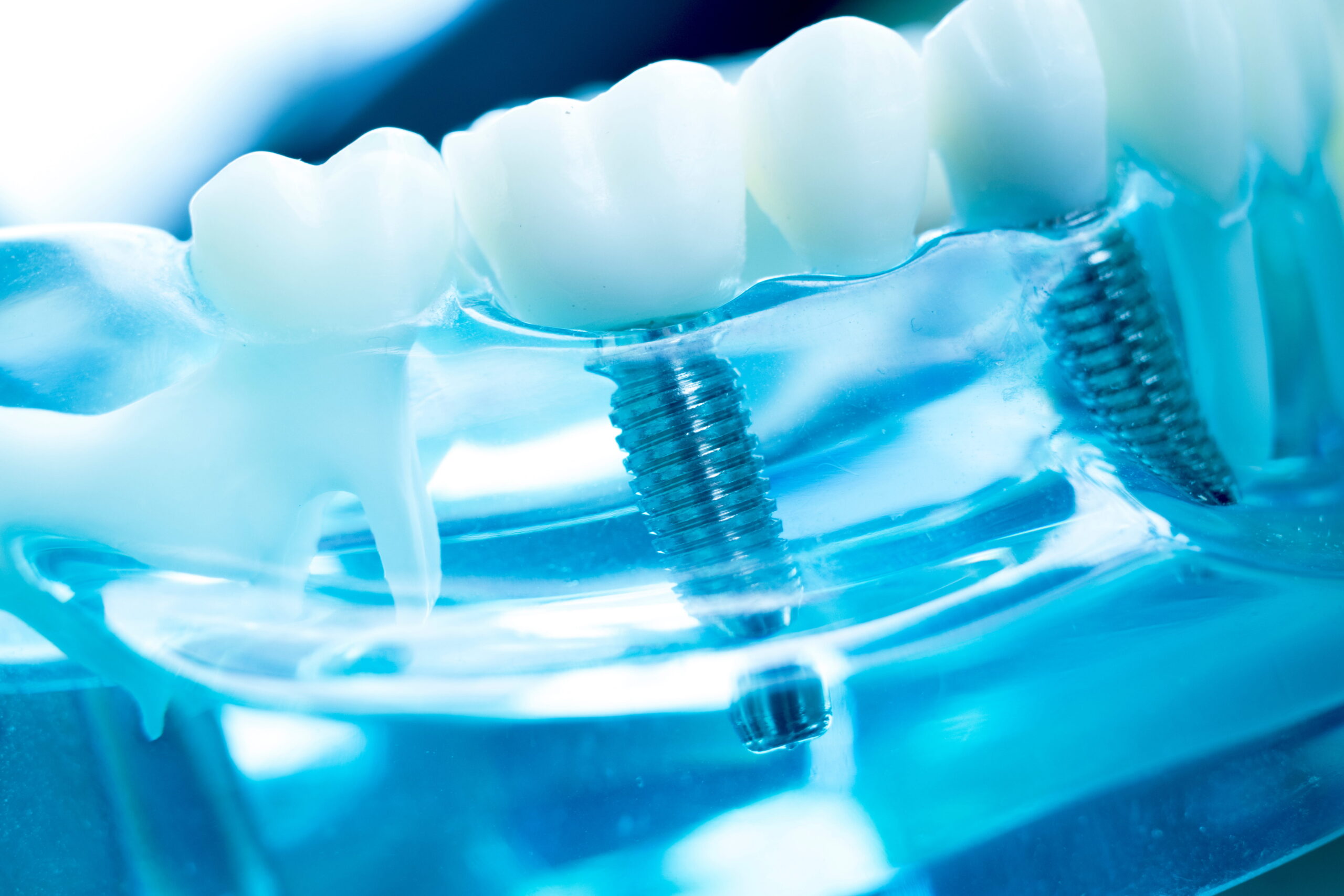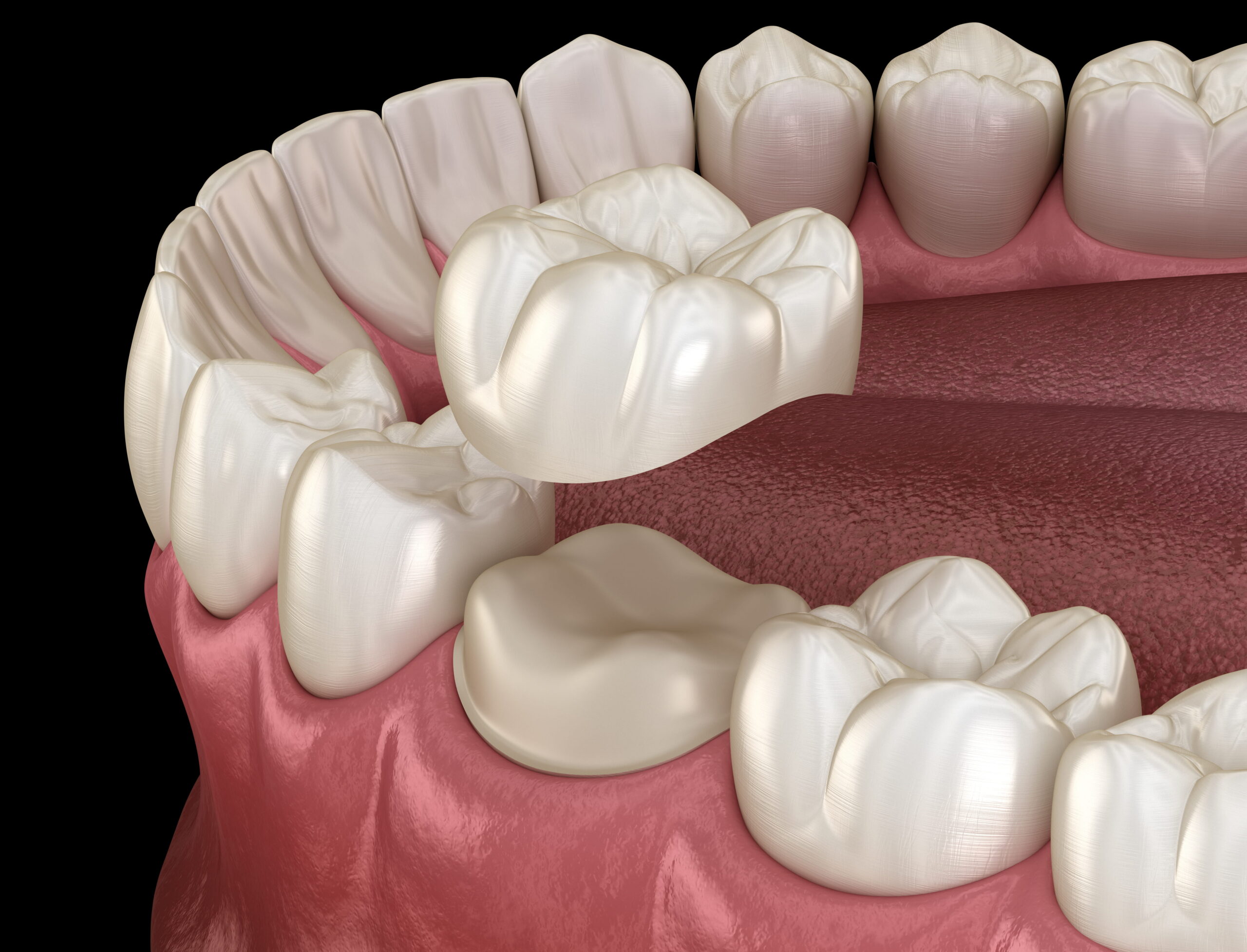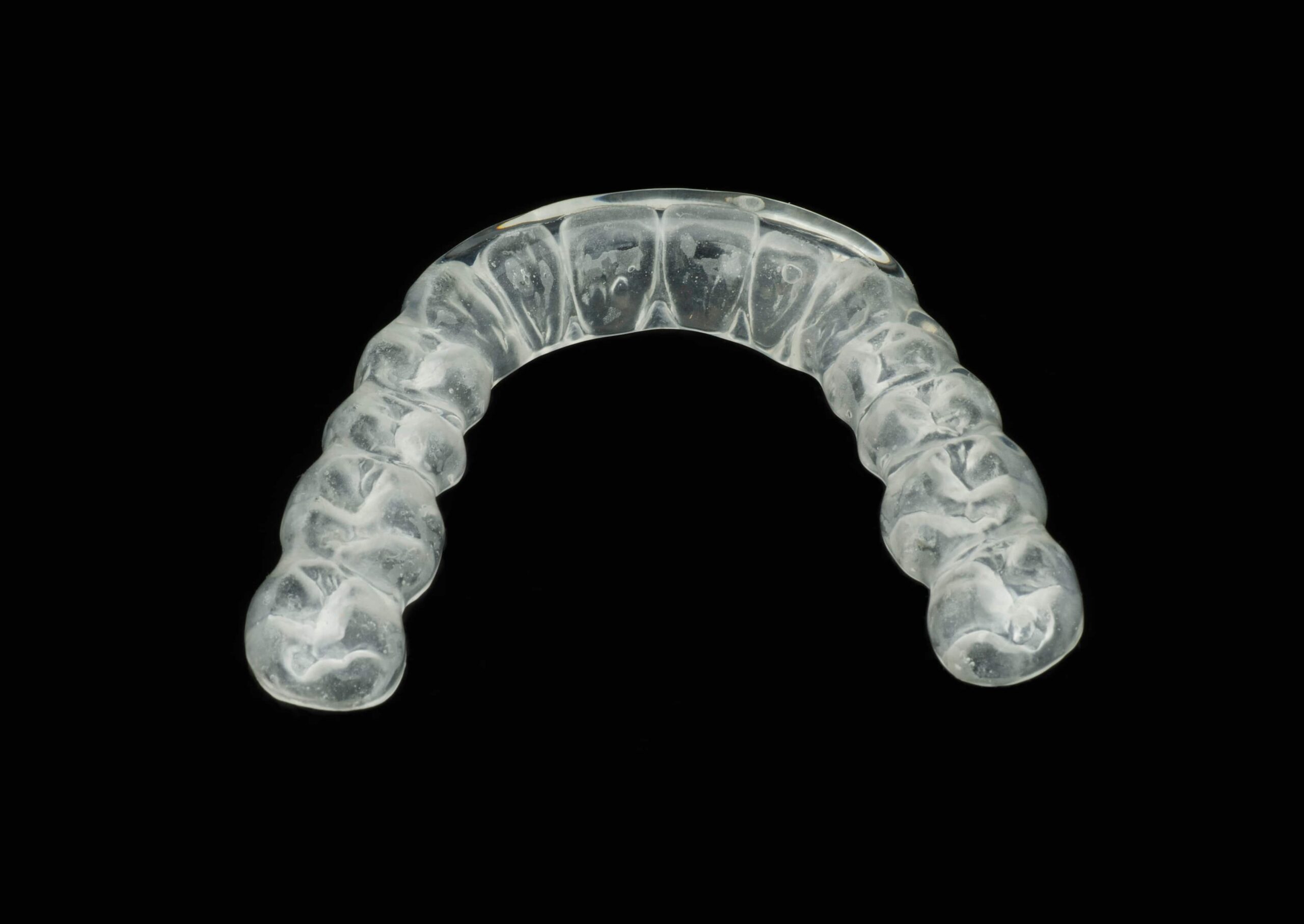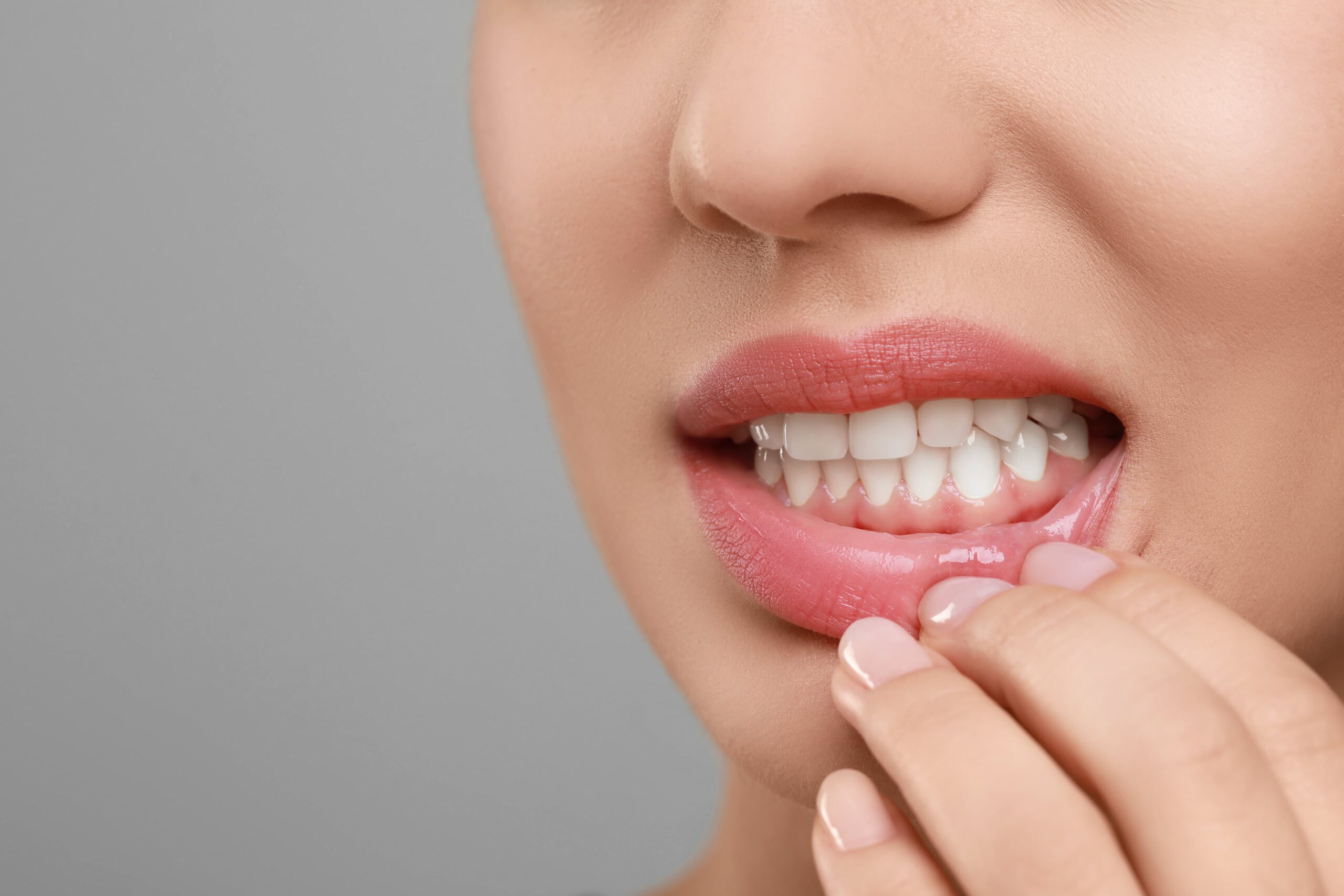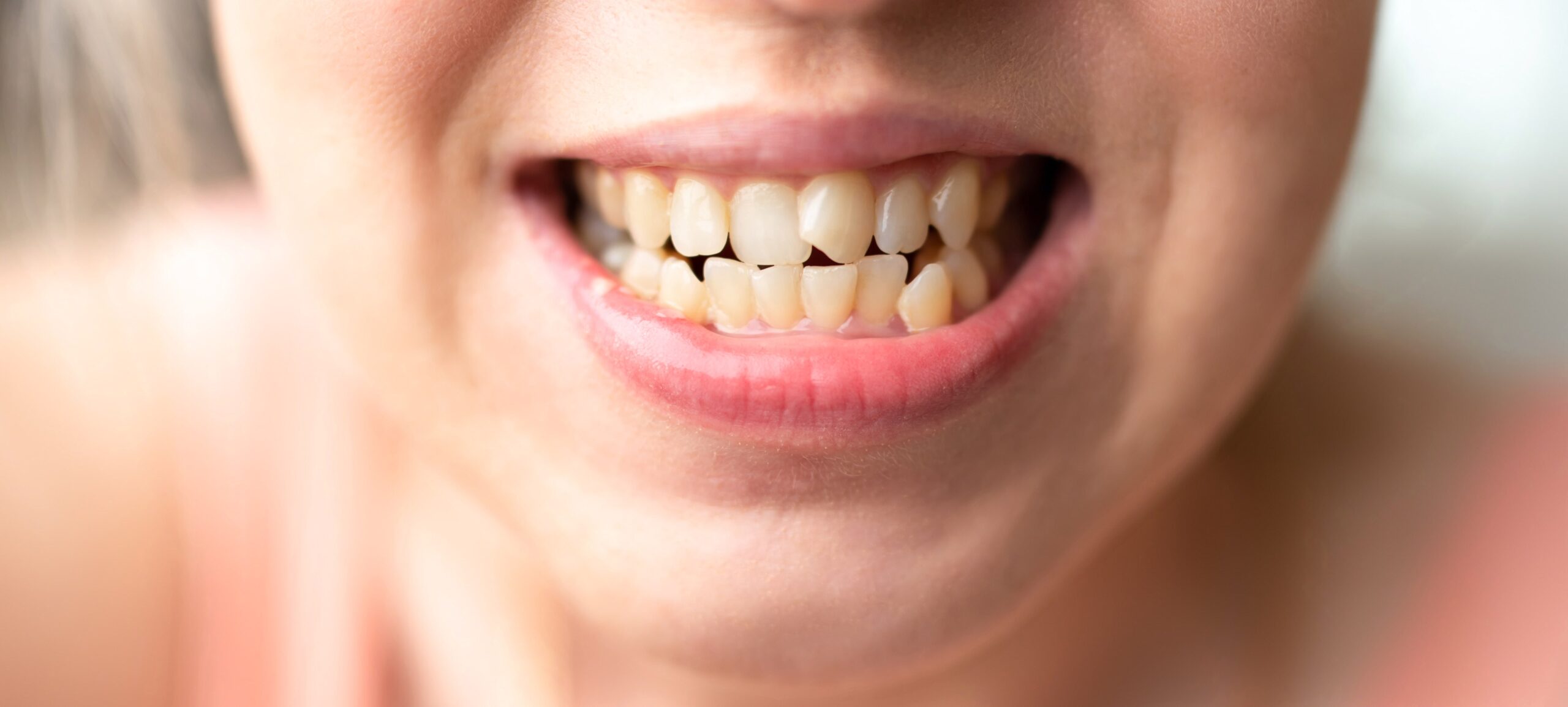Dental Crowns in Murrieta
Severe tooth decay can sometimes destroy a tooth to the point where a filling cannot keep it intact. Left untreated, these teeth can break down even further. In these cases, dentists rely on dental crowns to protect what’s left of the tooth.
Dental crowns are one of the most important restorations we offer. A crown can save a broken or decayed tooth by holding it together & protecting it from further damage. It can also serve as a beautiful replacement for an unsightly tooth.
A crown, also called a cap, is a good way to cover teeth that are discolored or badly shaped as well, or to cover a dental implant. A crown can make your tooth stronger & improve its appearance.
A crown acts the same way as a tooth, so after your crowns are placed, you should treat it the same way as well. Continue to brush & floss regularly & see your Murrieta dentist for regular checkups!

What Is A Dental Crown?
In dentistry, a crown or a cap is a fake tooth that fits on top of a damaged tooth. They are custom-made to fit your smile & are built to last. There are a number of conditions that rely on crowns to save your teeth. You may even need a crown after undergoing certain dental treatments. A root canal or large filling can weaken an affected tooth & make it very vulnerable to cracking or breaking, so a crown is needed for protection. Crowns can also be used as a cosmetic treatment to improve the look of a misshapen or discolored tooth.
There are several types of crowns available to you, & each one varies in terms of appearance & strength.
Metal Crowns
Metal crowns are comprised of gold or other alloys (mixtures). They are the most durable type of crown available & the least likely to wear down your opposing teeth. The downside of metal crowns is that they do not blend into your smile, so you may not want them on your most visible teeth.
Ceramic Crowns
Ceramic crowns are made from porcelain & primarily used for their aesthetic qualities. They can be matched to the exact color of your teeth & are a great option for restoring your front teeth. However, they are the least durable crowns available. Porcelain can be too fragile to replace teeth that are put under a lot of strain, such as molars. They can also be rough on your other teeth.
Porcelain-Fused-to-Metal Crowns
Porcelain-Fused-to-Metal (PFM) crowns combine the qualities of ceramic & metal alloy crowns. With a porcelain exterior & a metal interior, these crowns are built for strength as well as looks. While boasting the best of both worlds, they also have drawbacks. The edge of the metal portion of the crown may become visible at your gum line, affecting its aesthetics. Additionally, the outer porcelain layer can wear down your other teeth or become damaged just like all-porcelain crowns.
Zirconia Crowns
Zirconia is a type of metal that is naturally tooth-colored, making it a popular crown material for many dentists. Like other metal crowns, it is also extremely durable. Unfortunately, zirconia is neither as aesthetically pleasing as porcelain nor as easy on the teeth as metal alloys.
Procedure Overview
- Before the dentist can prepare your tooth for a crown, they will need to remove any tooth decay & perform fillings or root canals if necessary.
- Next, they need to remove enough of your tooth enamel for the crown to fit over it. You will receive local anesthesia to numb your tooth before the dentist begins to trim it down. The amount of tooth enamel that needs to be removed depends on which kind of crown you choose, with metal crowns requiring the least removal.
- Once your tooth has been prepared, we will take an impression (mold) of your teeth. The dentist will carefully pull the gums away from the prepared tooth using a small cord. Then you will need to bite down on putty-filled trays for a few minutes. This putty mold is sent to a lab, which will create an aesthetic match of your damaged tooth to fit comfortably alongside your original teeth. If you are getting a ceramic, porcelain-fused-to-metal or zirconia crown, the lab will match your crown to the color of your other teeth.
- The final step of your first appointment is getting a temporary crown. The dentist needs to place a temporary crown over the prepared tooth in order to protect it from any damage while you wait for your next appointment.
- It will take a couple weeks for the lab to craft your personalized crown. Once it is ready, you will come in for your second appointment so the dentist can make sure it fits comfortably & securely.
- When they find the right fit, they will permanently attach the crown with a bonding resin.
Meet Your Murrieta Dentist
Daniel B. Pulsipher, DDS – Daniel B. Pulsipher, DDS, is a graduate of the University of Loma Linda School of Dentistry. He has also received extensive training in cosmetic dentistry, rotary endodontics and removable prosthodontics (dentures). Dr. Pulsipher is a member of the American Dental Association, Academy of General Dentistry, California Dental Association, International Association for Orthodontics & the Tri-County Dental Society.
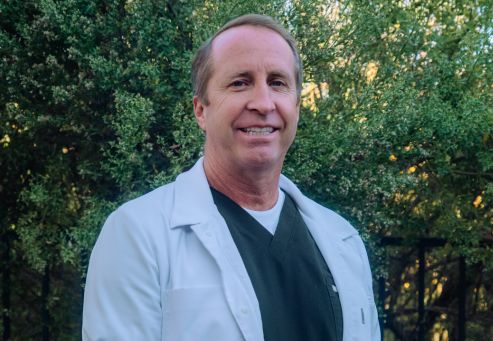





5-Star Murrieta Dental Services
We make it fun for children to visit their dentist in Murrieta.
Get relief from dental anxiety for comfortable dental procedures.
Straighten teeth with a wide-range of options from Invisalign to traditional braces.
Reshape your gum line with gum contouring to fix gummy smiles and small teeth.
Replace a missing tooth, several teeth, or an entire arch of teeth with All-on-4 dental implants.
Diagnotics and solutions for tooth and gum infections including root canals and gum disease treatment.
Visit Springs Dental



We are located in the Murrieta Springs Professional Park off Murrieta Hot Springs Road.
Hours



5-Star Google Reviews
Trustindex verifies that the original source of the review is Google. I can’t say enough great things about Springs Dental and Dr. Pulsipher! From the moment you walk in, you’re greeted with a warm, welcoming atmosphere and a team that truly cares. Dr. Pulsipher is not only incredibly skilled, but he also takes the time to explain everything and make you feel completely at ease. The entire team is professional, friendly, and genuinely dedicated to making your experience as comfortable and positive as possible. I would highly recommend anyone looking for a dentist to visit Springs Dental – you won’t be disappointed!Posted onTrustindex verifies that the original source of the review is Google. I've been a patient at Springs Dental for over 20 years. I’ve tried two other dental offices due to insurance issues, but I always come back, even when I have to pay out of pocket. Springs Dental operates with integrity, which is uncommon these days. They genuinely care about their patients rather than simply focusing on making money.Posted onTrustindex verifies that the original source of the review is Google. Great service as usual. Great staff and Dr Dan is the best!Posted onTrustindex verifies that the original source of the review is Google. Friendly staff & always with smiles to welcome their patient’s.Posted onTrustindex verifies that the original source of the review is Google. Great staff. Very thorough in all explanations of cost and procedures.Posted onTrustindex verifies that the original source of the review is Google. Great staff!!!!Posted onTrustindex verifies that the original source of the review is Google. Excellent dental care. Friendly and very competent.Posted onTrustindex verifies that the original source of the review is Google. Everyone at this dental facility treated me with so much care. I have had bad dental experiences in the past that left me terrified. I felt safe, comfortable and in capable, professional hands. This was the best dental experience I have ever had in 40 yrs! The technology in this office is like no other. They gave me a crown in a few hrs. Simply amazing! God bless Springs Dental!Posted onTrustindex verifies that the original source of the review is Google. Excellent experience!!!!Posted on
Insurance & Financing

We love your insurance and respect your budget and busy schedule. There are little to no out-of-pocket costs for most insured patients on cleanings, exams and x-rays.
0% financing is available on approved credit. While most insured families receive the majority of preventive services for FREE, we offer many different payment options, including CareCredit, so uninsured patients can still receive the dental care they need in a manner that fits their budget.
Blog Articles
If you are considering replacing a missing tooth, one of the first questions you may
Dental crowns are one of the most common and versatile restorative treatments in dentistry, yet
Dental pain and unexpected oral injuries can be unsettling, especially when they happen outside of
If you have ever woken up with a sore jaw or noticed flattened spots on
A bright, confident smile is something many people dream about—and cosmetic dentistry can make that
Crooked teeth are one of the most common reasons people hesitate to smile. Even when
Frequently asked questions
How long do dental crowns last?
Zirconia dental crowns last for 15 to 20 years, and with good oral hygiene and regular dental visits, they can last even longer. Your dental crown’s lifespan depends on what material is used, your oral habits, and how well you care for them.
What are dental crowns?
Dental crowns are tooth-shaped caps placed over your existing damaged or decayed teeth to restore their shape, strength, and appearance. Dental crowns are used after root canals, large fillings, or to cover cracked or worn-down teeth. A dental crown is also used in dental implants procedures, and it acts as your replacement tooth.
How long do dental implants last?
Lorem ipsum dolor sit amet coetur. Phasellus et euismod elementum solLorem ipsum dolor sit amet consectetur. Phasellus et euismod elementum sollicitudin arcu pulvinarlicitudin arcu pulvinar.
Does dental insurance cover crowns?
Yes, in most cases dental crowns are covered by dental insurances.
What are dental crowns made of?
Dental crowns can be made of porcelain, ceramic, metal alloys, gold, or zirconia. The material used depends on the tooth’s location, your bite, cosmetic preferences, and budget.


